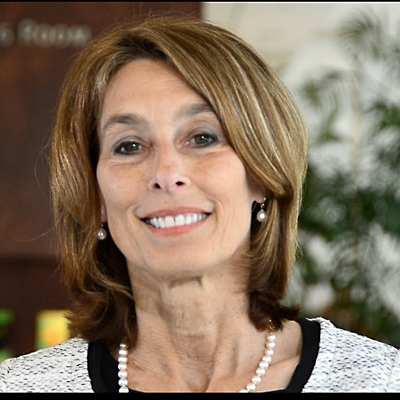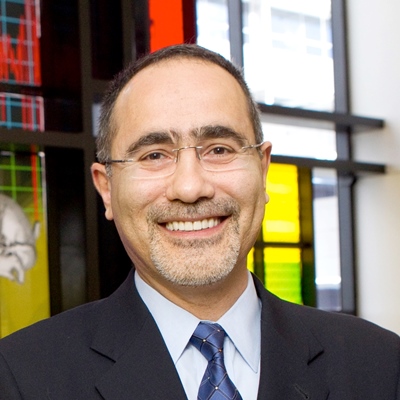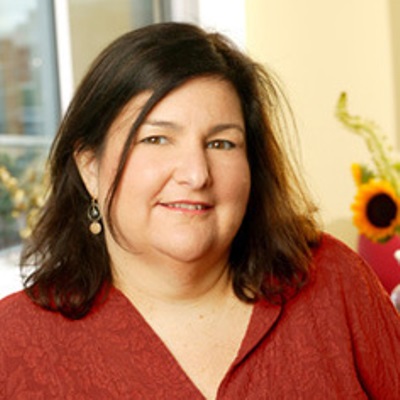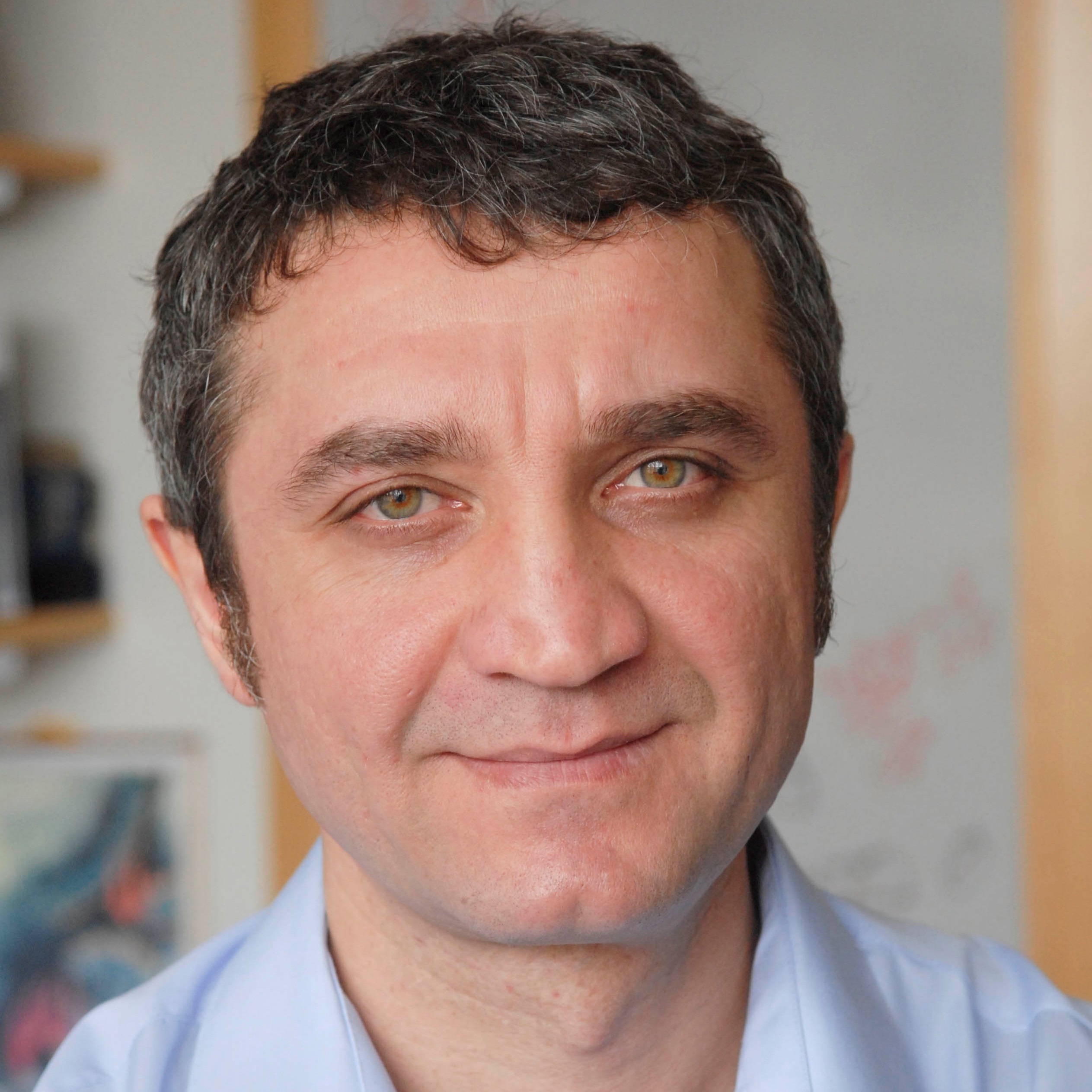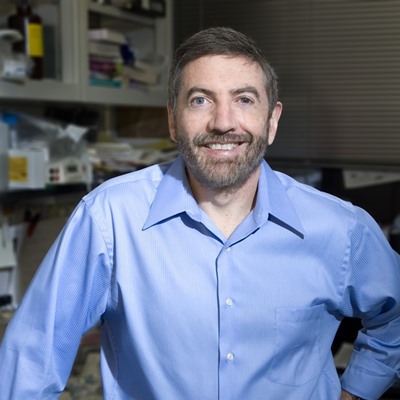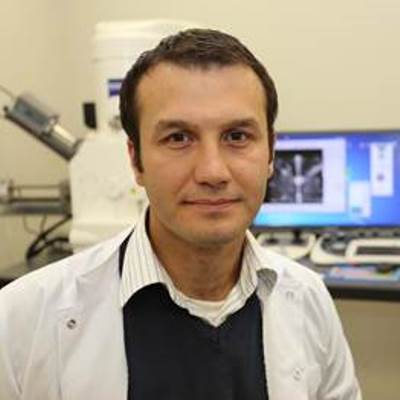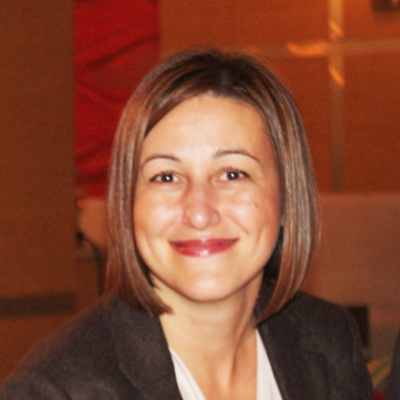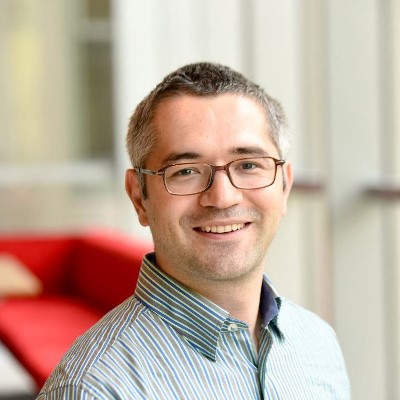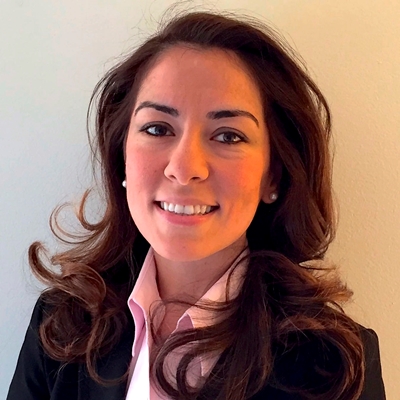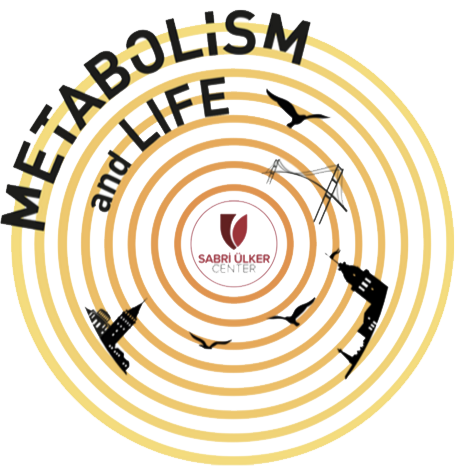


Dr. Robert Farese, Jr., studied chemistry at the University of Florida and medicine at Vanderbilt University. He then completed a residency and chief residency in internal medicine at the University of Colorado. In 1989, Dr. Farese moved to the University of California San Francisco to train in endocrinology and metabolism and did his postdoctoral research training with Dr. Stephen Young at the Gladstone Institutes, where he became an expert in gene targeting in murine embryonic stem cells and studied lipoprotein and cholesterol metabolism. In 1994, Dr. Farese established his laboratory at the Gladstone and UCSF where he studied neutral lipid metabolism, focusing on the pathways of lipid synthesis and storage. His laboratory cloned many of the important enzymes of neutral lipid synthesis, including the DGAT and MGAT enzymes, which mediate triglyceride (TG) synthesis. Excessive accumulation of TGs underlies obesity, diabetes, fatty liver, and other metabolic diseases. Dr. Farese and co-workers discovered DGAT1 and DGAT2 and defined their molecular functions in lipid biochemistry, physiology, identified human disease mutations, and laid the groundwork for development of DGAT inhibitors.
In 2005, Dr. Farese took a sabbatical with Dr. Peter Walter, where he began working with Dr. Tobias Walther, a postdoctoral fellow with Dr. Walter. Dr. Farese and Walther began investigations into the cell biology of lipid droplets, which continue to this day. They have focused on unraveling the molecular mechanisms of LD formation, protein targeting to LDs, and the role that LDs play in disease. They have discovered that there are two types of LDs in most cells, initial LDs and expanding LDs, which are formed by DGAT1 and DGAT2, respectively. They also discovered that expanding LDs are formed from ER-LD membrane bridges that facilitate relocation of TG synthesis enzymes for localized TG synthesis.
In 2007, Dr. Farese co-founded the Consortium for Frontotemporal Dementia (FTD) Research (CFR), a UCSF-based, multi-investigator collaborative effort whose goal is to find cures for FTD by studying progranulin biology. Dr. Farese and co-workers have generated murine and iPS models for progranulin-deficient FTD, and he co-directs the Basic Research for the CFR.
Dr. Farese, Jr., is currently Professor of Genetics of Complex Diseases at the Harvard T.H. Chan School of Public Health, Professor of Cell Biology at Harvard Medical School, and an Associate Member of the Broad Institute of MIT and Harvard. Dr. Farese runs a joint laboratory with his long-time scientific partner, Dr. Tobias Walther. Dr. Farese has received numerous honors, among them election to the American Society for Clinical Investigation and the Association of American Physicians, a “Freedom to Discover Award” from Bristol-Myers Squibb, and the Avanti Lipid research award.
The Phase of Fat: Mechanisms and Physiology of Lipid Synthesis and Storage
Robert V. Farese, Jr. and Tobias C. Walther
Lipids play a crucial and tightly regulated role in cells as the major component of membranes. Neutral lipids, such as triglycerides, are also crucial for both cellular and physiological energy homeostasis. Membrane precursor lipids and energy storage lipids are stored as neutral lipids in cytosolic lipid droplet organelles. We are studying the molecular processes that govern the synthesis of energy storage lipids as well as their storage in and mobilization from lipid droplets. Studies on genetic factors controlling lipid droplet growth and utilization will be presented, as will relevant studies of the physiology of lipid storage.

